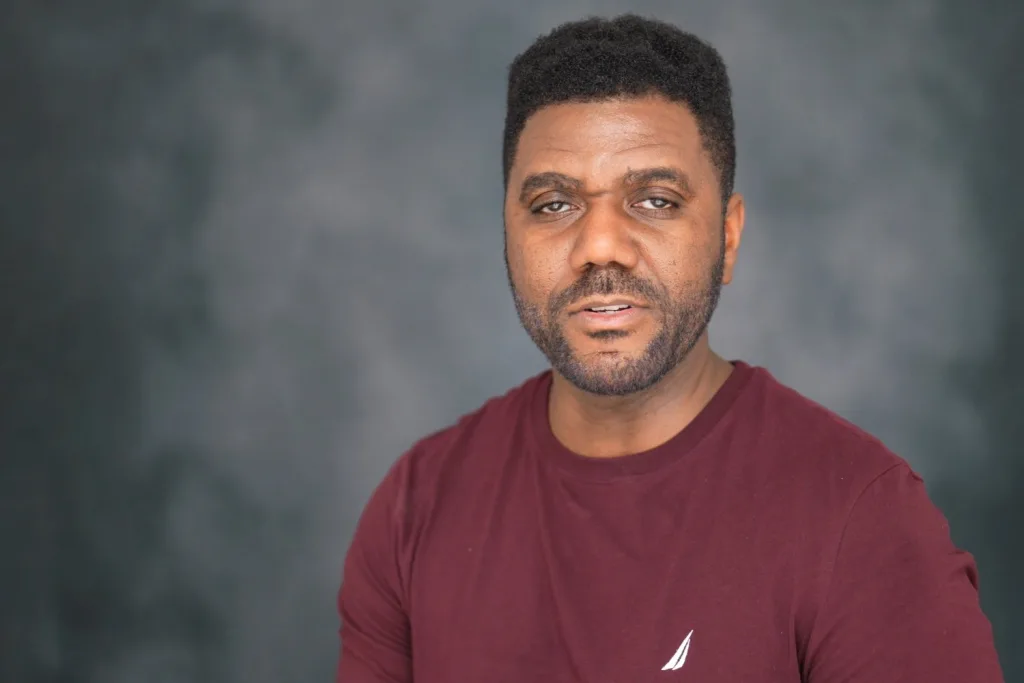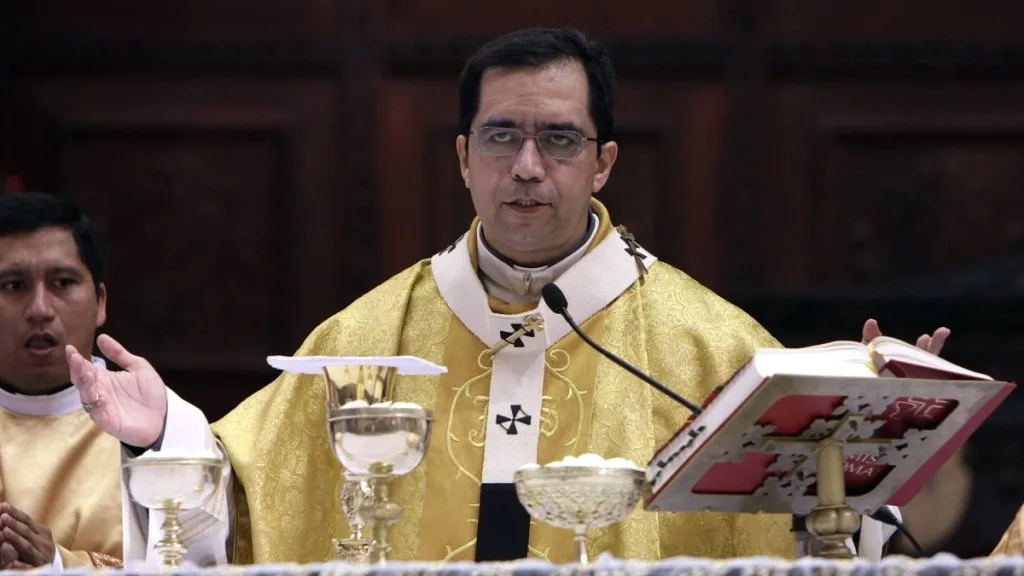Mlen-Too Wesley has distant childhood memories of his time in Liberia, yet one significant experience has profoundly influenced his life’s journey.
At just 4 years old, Wesley and his family escaped their war-torn homeland by boarding a military aircraft amidst a brutal 14-year civil conflict that resulted in the deaths of around 200,000 people and displaced approximately 750,000 others. As his grandmother assured him of a meal during their flight, Wesley realized that he was fortunate to have the opportunity to leave. His instinct, however, was to share that fortune with those he was leaving behind.
“I made a decision right then to come back,” Wesley reflects. “Even as I adapted to life in the United States, I understood that my mission was to contribute to the future of Liberia.”
Now 38, Wesley is dedicated to fostering economic growth and empowerment in Liberia. To achieve this, he turned to the MITx MicroMasters program in Data, Economics, and Design of Policy (DEDP). This program allowed him to delve into topics like micro-lending, state corruption, and healthcare investment through courses such as Foundations of Development Policy, Good Economics for Hard Times, and The Challenges of Global Poverty, revealing how economic incentives can drive desired behaviors, reduce corruption, and uplift communities.
“I struggled to connect the dots”
Liberia continues to grapple with extensive corruption, as evidenced by its score of 25 on the 2023 Corruption Perception Index by Transparency International. Wesley grew increasingly frustrated with conventional perspectives that blame such challenges primarily on corruption, feeling that they overlooked the complex forces at play. “It feels facile to reduce the difficulties faced by billions to mere backward behaviors,” he said. “Rather, we must analyze how varied factors contributed to Liberia’s circumstances and attempt to plot a path toward a brighter future.”
With a desire to understand better the economic, political, and social dynamics affecting Liberia, Wesley returned to Africa in 2013. Over the following decade, he merged his passions for entrepreneurship, software development, and economics to enact change in Liberia. He developed a forestry management system to protect its natural resources, created an online queue system to streamline government hospital patient intake, and implemented data visualization tools to bolster renewable energy projects. However, Wesley realized that collecting data was not enough; he needed to learn how to analyze it effectively.
“I couldn’t grasp why things were the way they were,” Wesley adds.
“It was more than a mere academic venture”
To deepen his understanding of data science, Wesley enrolled in the MicroMasters in DEDP program, established in 2017 by the Abdul Latif Jameel Poverty Action Lab (J-PAL) and MIT Open Learning. This initiative builds on the Nobel-winning research of MIT professors Esther Duflo and Abhijit Banerjee, which has revolutionized the approach to poverty alleviation initiatives globally.
Wesley found the MicroMasters program to be the comprehensive learning experience he had been searching for since his undergraduate studies, gaining valuable insights into economic incentives that mitigate corruption and advance education.
“It was more than a mere academic venture for me,” Wesley states. “The courses equipped me with the tools and frameworks to analyze my own experiences.”
Initially, Wesley encountered challenges with the quantitative coursework. Juggling a demanding job and other university commitments, along with being a few years out of practice with college-level calculus, led to some setbacks. He even had to retake pivotal courses, such as Data Analysis for Social Scientists, several times before passing. His determination eventually paid off, culminating in earning his MicroMasters in DEDP in June 2023, along with admission to the MIT DEDP master’s program.
“The class challenged my thinking in so many ways,” Wesley recalls. “By the fourth attempt at the Data Analysis course, everything began to click for me. MIT was supportive; they valued my growth over my initial struggles.”
The rigorous mathematics and statistics coursework ignited Wesley’s newfound passion for artificial intelligence, notably machine learning and natural language processing. These powerful tools offer innovative methods for analyzing and interpreting data, especially as he seeks to mine qualitative data for insights. Wesley envisions utilizing these techniques to compare national development plans across countries and time periods, examining whether policymakers are rehashing the same proposals and aspirations.
Once he completes his master’s degree, Wesley plans to return to Liberia to focus on international development. He aspires to lead a data-centric organization dedicated to enhancing the quality of life for people in both Liberia and the United States.
“Thanks to MIT, I now possess the knowledge and skills needed to address real-world challenges that traditional economic models frequently ignore,” Wesley concludes.
Photo credit & article inspired by: Massachusetts Institute of Technology



